Bronco Billy (1980): A Heartwarming Tale of Redemption and Entertainment
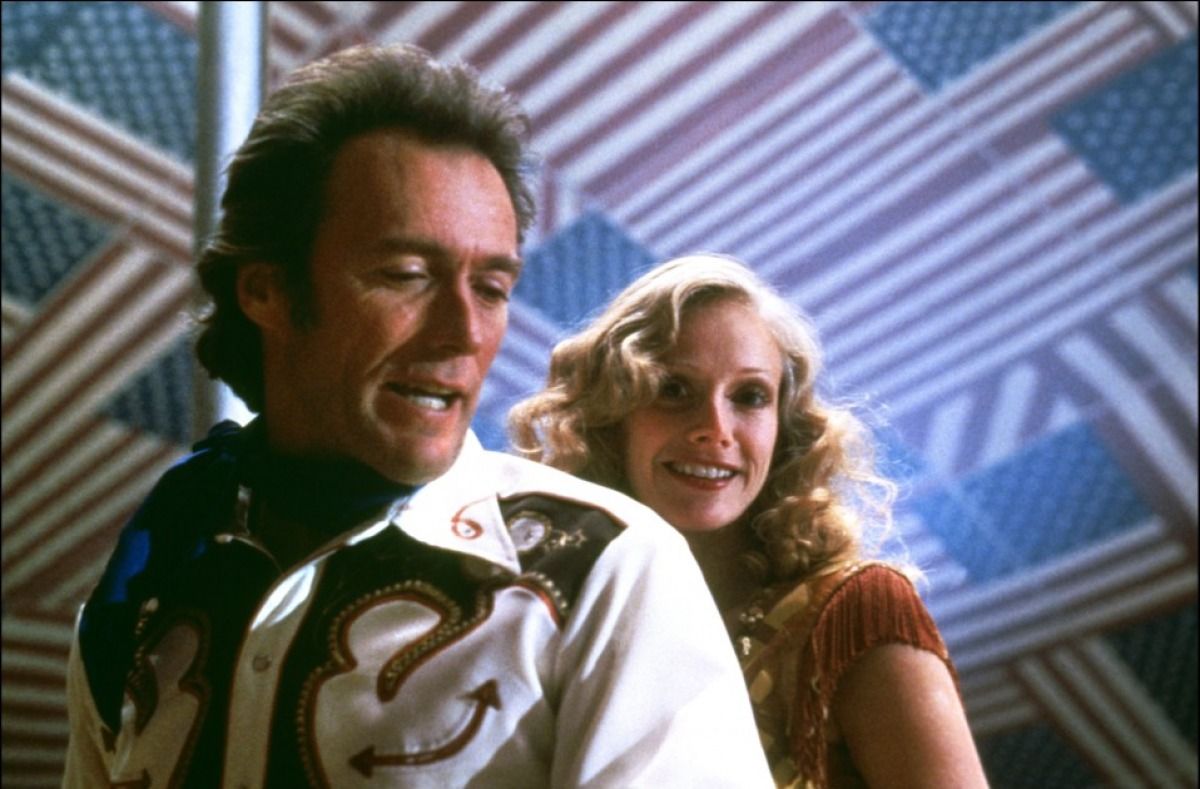
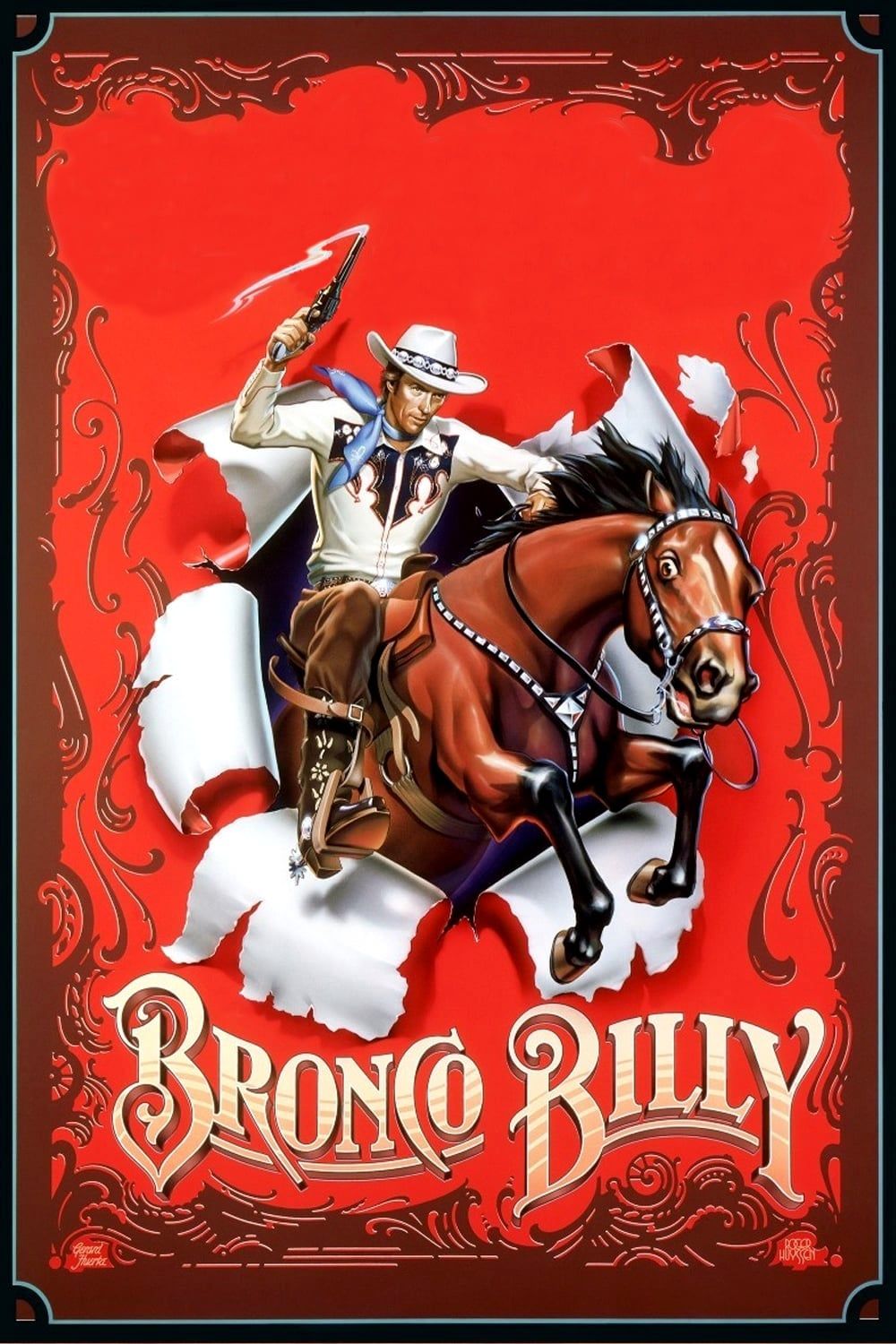

Bronco Billy is a 1980 American Western comedy-drama film directed by and starring Clint Eastwood. It also features Sondra Locke, Geoffrey Lewis, Scatman Crothers, and Bill McKinney. The film tells the story of an idealistic, modern-day cowboy who struggles to keep his Wild West show afloat in the face of hard luck and waning interest.
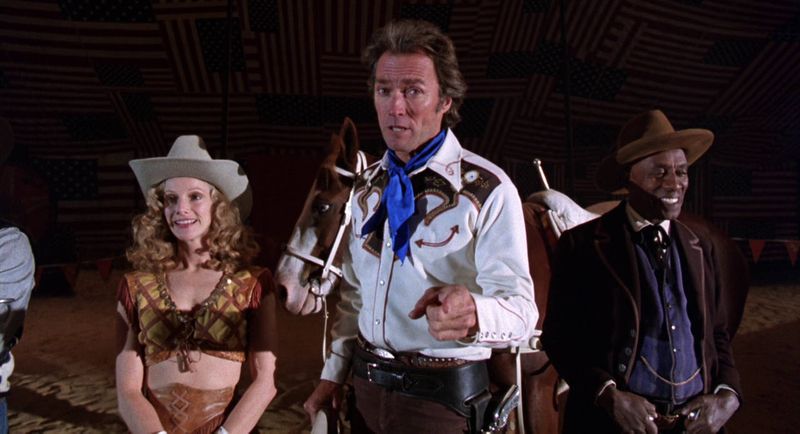
Release date, budget, and box office
The film was released on June 11, 1980 by Warner Bros. It had a budget of $6.5 million and grossed $24.3 million at the domestic box office, making it a moderate success. It received mixed reviews from critics, who praised Eastwood's performance and direction but criticized the script and tone.
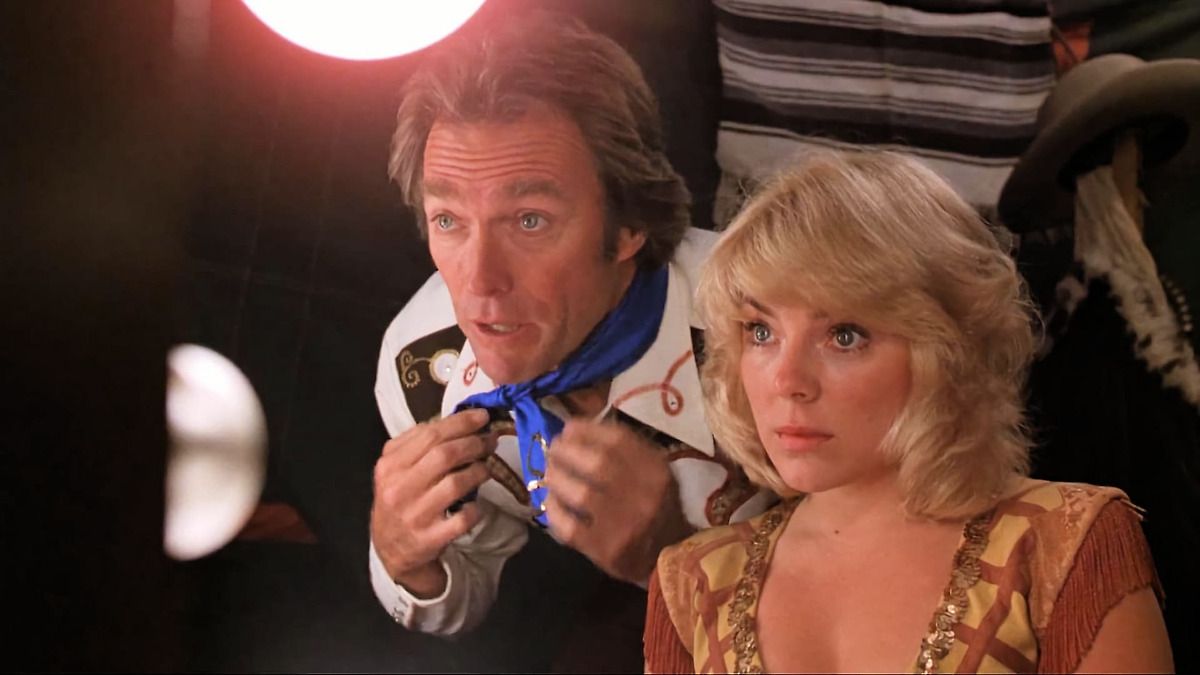
Cast and reviews
Eastwood plays Bronco Billy McCoy, the owner and operator of a rundown traveling circus reminiscent of Buffalo Bill's Wild West. He is a former shoe salesman from New Jersey who shot his wife for sleeping with his best friend. He is joined by a motley crew of performers, mostly ex-convicts and alcoholics, who share his passion for the Old West.
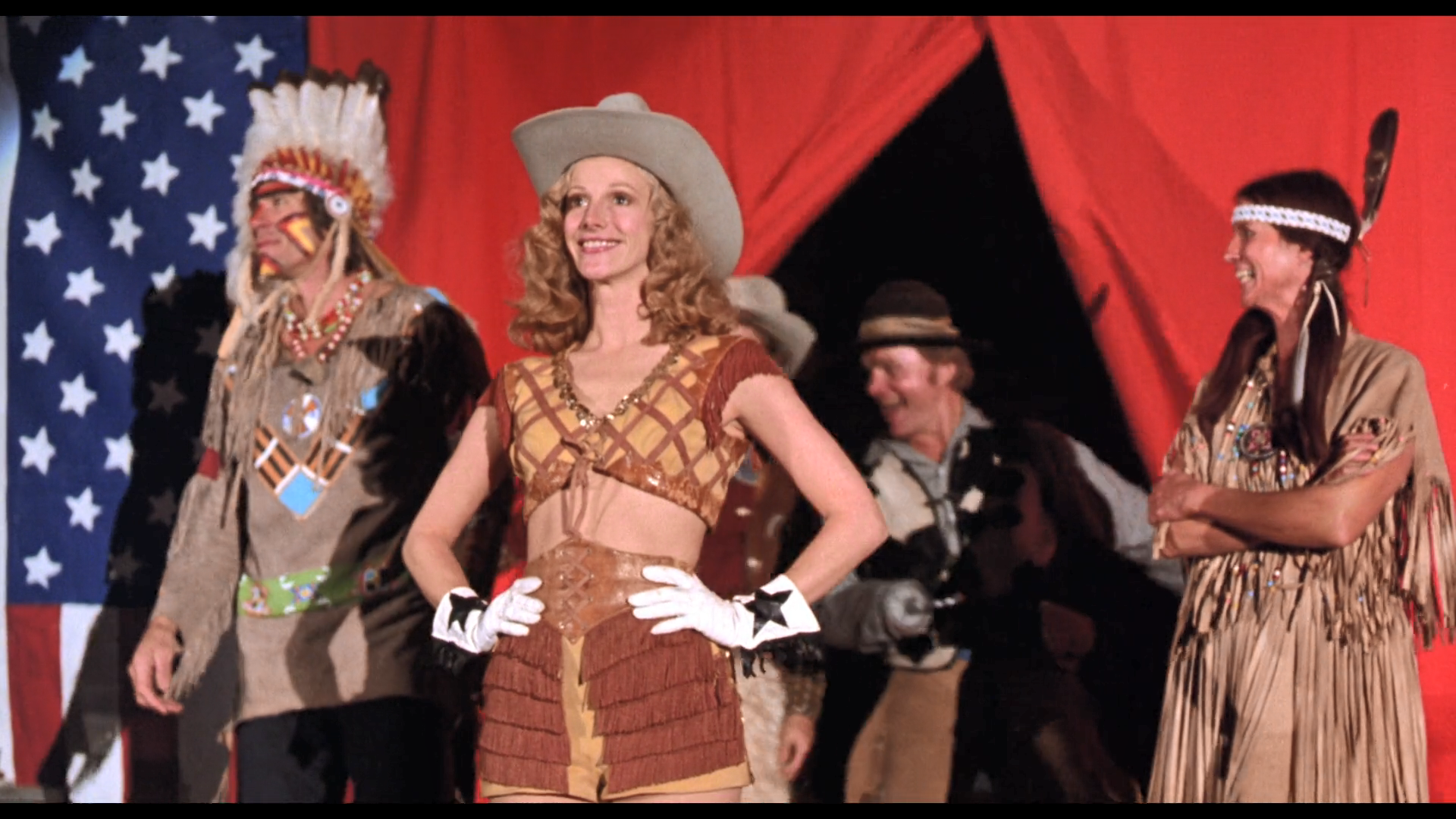
Sondra Locke plays Antoinette Lily, a spoiled heiress who is left stranded by her husband on their wedding night. She reluctantly joins Bronco Billy's show as his assistant, Miss Lily, and gradually learns to appreciate his way of life.
The film received mixed reviews from critics. It has a 66% rating on Rotten Tomatoes based on 29 reviews, with an average score of 6/10. The consensus reads: "Bronco Billy may not rank with Clint Eastwood's classics, but this likable comic Western finds him indulging his inner cowboy with an easy charm." On Metacritic, the film has a score of 66 out of 100 based on 10 reviews, indicating "generally favorable reviews".
Some critics praised the film for its humor, warmth, and nostalgia. Roger Ebert gave the film four out of four stars and wrote: "Bronco Billy is a wonderful movie precisely because it's so quirky and unashamedly sentimental." Vincent Canby of The New York Times called it "a very funny and endearing celebration of American innocence." Gene Siskel of the Chicago Tribune gave it three out of four stars and said: "Bronco Billy is one of those rare movies that has a heart."
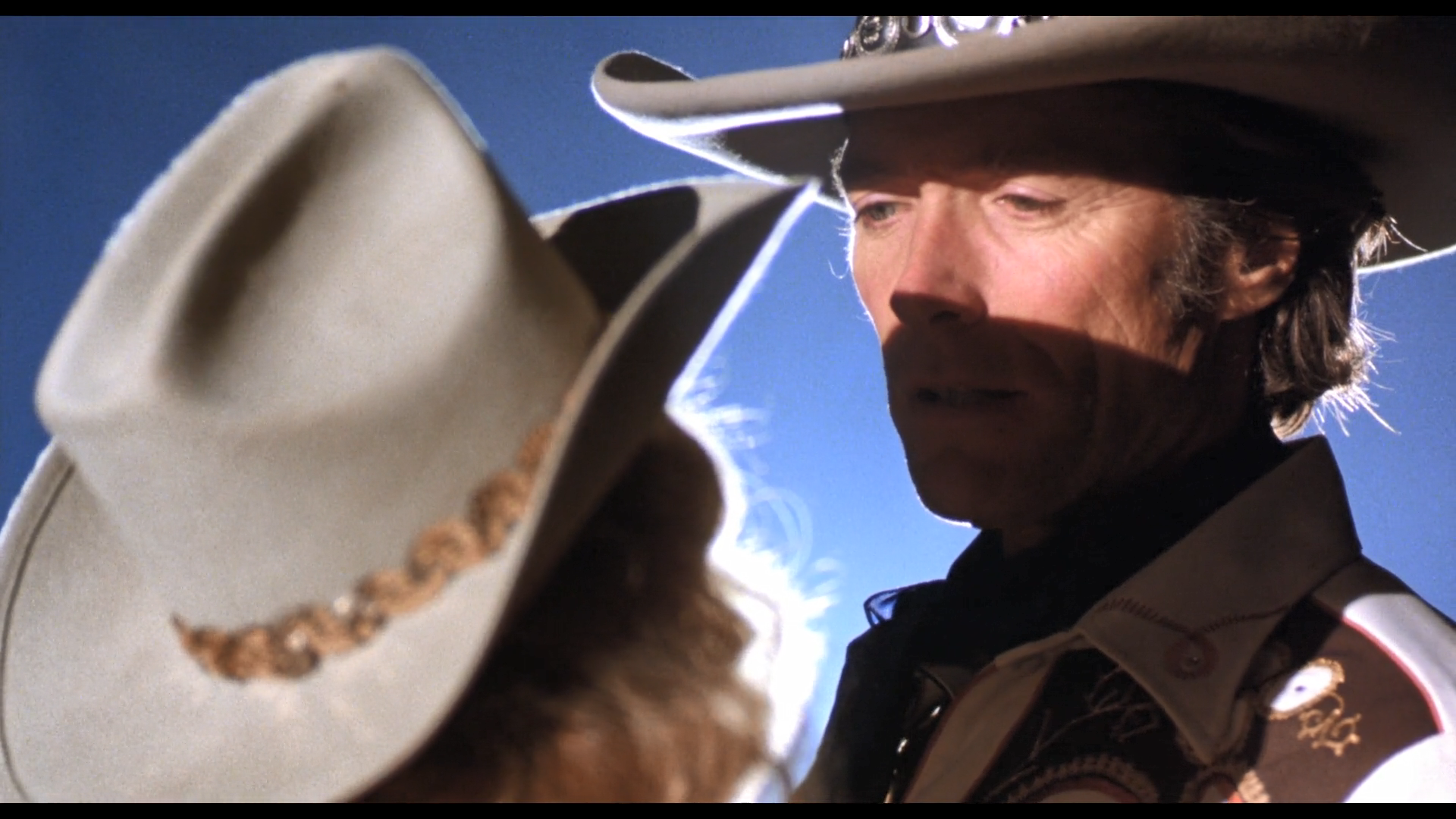
Other critics criticized the film for its uneven tone, implausible plot, and stereotypical characters. Janet Maslin of The New York Times wrote: "Bronco Billy is so erratic that it seems to have been made by several different directors." Pauline Kael of The New Yorker called it "a mess" and "a vanity production." Richard Schickel of Time magazine said: "Bronco Billy is not merely bad; it is calamitous."
Clint Eastwood's directorial legacy
Bronco Billy was Eastwood's ninth film as a director and his fourth collaboration with Locke. It was also his first comedy since Every Which Way But Loose (1978). The film reflects Eastwood's love for Westerns and his admiration for directors like John Ford and Sergio Leone. It also showcases his ability to balance action, drama, romance, and humor.
The film is considered by some critics and fans as one of Eastwood's underrated gems. It has gained a cult following over the years and has been praised for its originality and charm. It has also been seen as a precursor to Eastwood's later films that explore themes of aging, nostalgia, and redemption.
The relationship between Locke and Eastwood
Locke and Eastwood had a turbulent relationship that lasted from 1975 to 1989. They met on the set of The Outlaw Josey Wales (1976) and starred together in six films: The Gauntlet (1977), Every Which Way But Loose (1978), Bronco Billy (1980), Any Which Way You Can (1980), Sudden Impact (1983), and The Dead Pool (1988). They also lived together in Carmel-by-the-Sea, California.
However, their relationship was marred by infidelity, abuse, and lawsuits. Eastwood had affairs with other women and fathered two children out of wedlock. Locke claimed that he forced her to have two abortions and sterilized her without her consent. He also sabotaged her career by creating a fake production deal for her at Warner Bros. He eventually changed the locks on their house and moved her belongings into storage.
Locke sued Eastwood for palimony in 1989 and settled out of court in 1990. She also sued him for fraud in 1995 and won a jury verdict in 1996. She later wrote an autobiography titled The Good, the Bad & the Very Ugly: A Hollywood Journey (1997), in which she detailed their relationship.
Locke died of cardiac arrest due to breast cancer in 2018 at age 74. Eastwood did not attend her funeral or comment on her death.
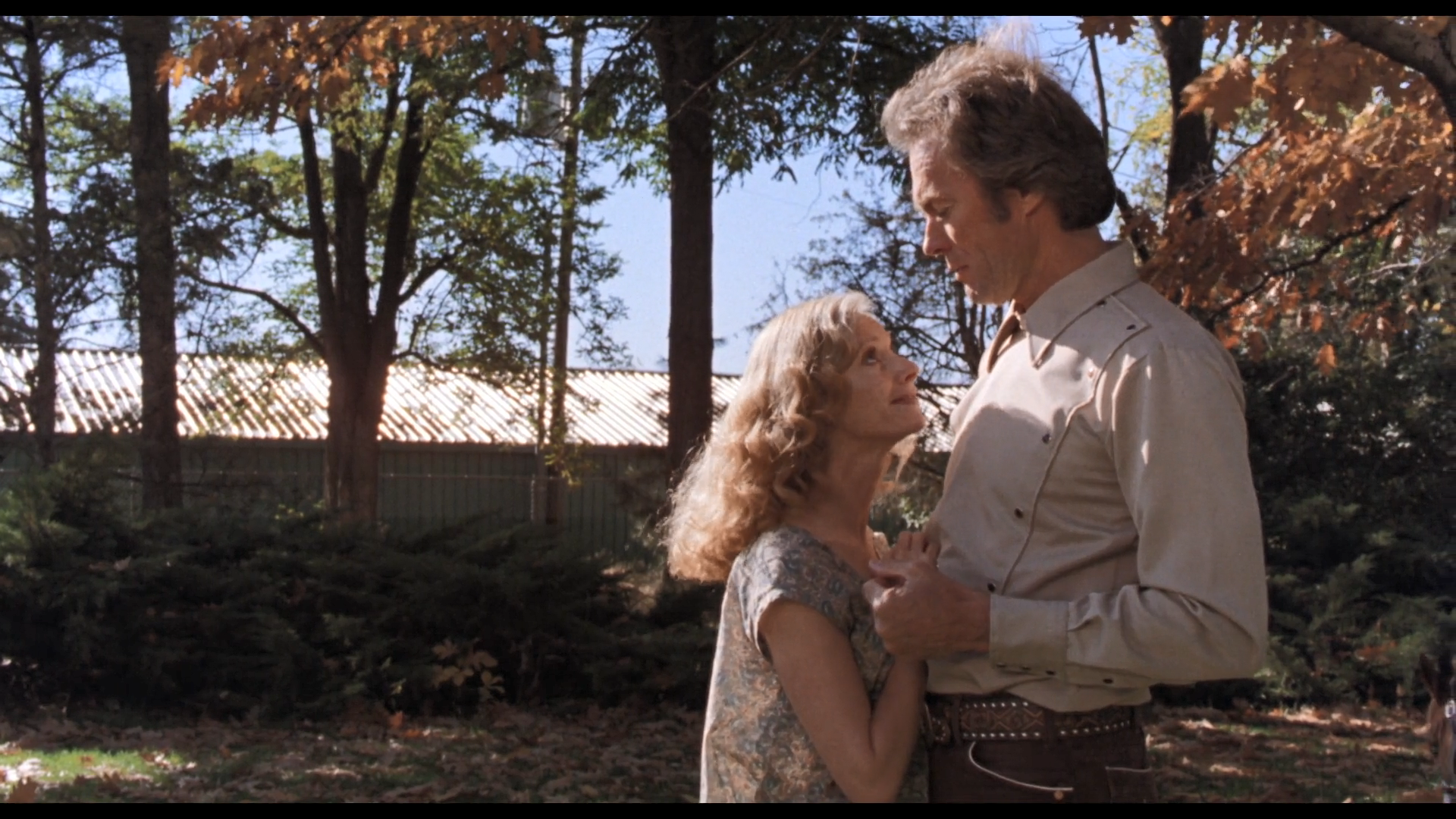
Supporting cast
The film features a supporting cast of veteran actors who add color and personality to the story. Some of them are:
- Scatman Crothers as Doc Lynch: A former veterinarian who acts as the show's medic and announcer. He is also Bronco Billy's confidant and friend.
- Bill McKinney as Lefty LeBow: A sharpshooter who is Bronco Billy's best friend and right-hand man. He is loyal, brave, and humorous.
- Dan Vadis as Chief Big Eagle: A Native American performer who plays stereotypical roles in the show. He is proud of his heritage and culture.
- Sierra Pecheur as Lorraine Running Water: Chief Big Eagle's wife who helps him with his act. She is also pregnant with their child.
- Walter Barnes as Sheriff Dix: A friendly lawman who supports Bronco Billy's show and helps him out of trouble.
- Woodrow Parfrey as Dr. Canterbury: A sanatorium director who treats Antoinette when she pretends to be insane.
- Beverlee McKinsey as Irene Lily: Antoinette's stepmother who schemes to inherit her fortune with her lawyer friend Edgar Lipton.
The origins of the story
The story of Bronco Billy was written by Dennis Hackin, who was inspired by his childhood fascination with Westerns. He said: "I grew up watching Roy Rogers movies on Saturday afternoons ... I always wanted to be Roy Rogers."
Hackin wrote the script in 1974 and tried to sell it to various studios without success. He then met Neil Dobrofsky, an executive at Warner Bros., who liked the script but suggested that Hackin rewrite it with Clint Eastwood in mind.
Hackin sent the revised script to Eastwood's agent in 1978. Eastwood read it and agreed to star in it and direct it. He also hired Hackin as a co-producer.
Eastwood made some changes to the script to suit his style and vision. He added more humor, action, romance, and character development. He also cast Sondra Locke as Antoinette Lily because he wanted to work with her again.
The film was shot on location in Idaho from August to October 1979.
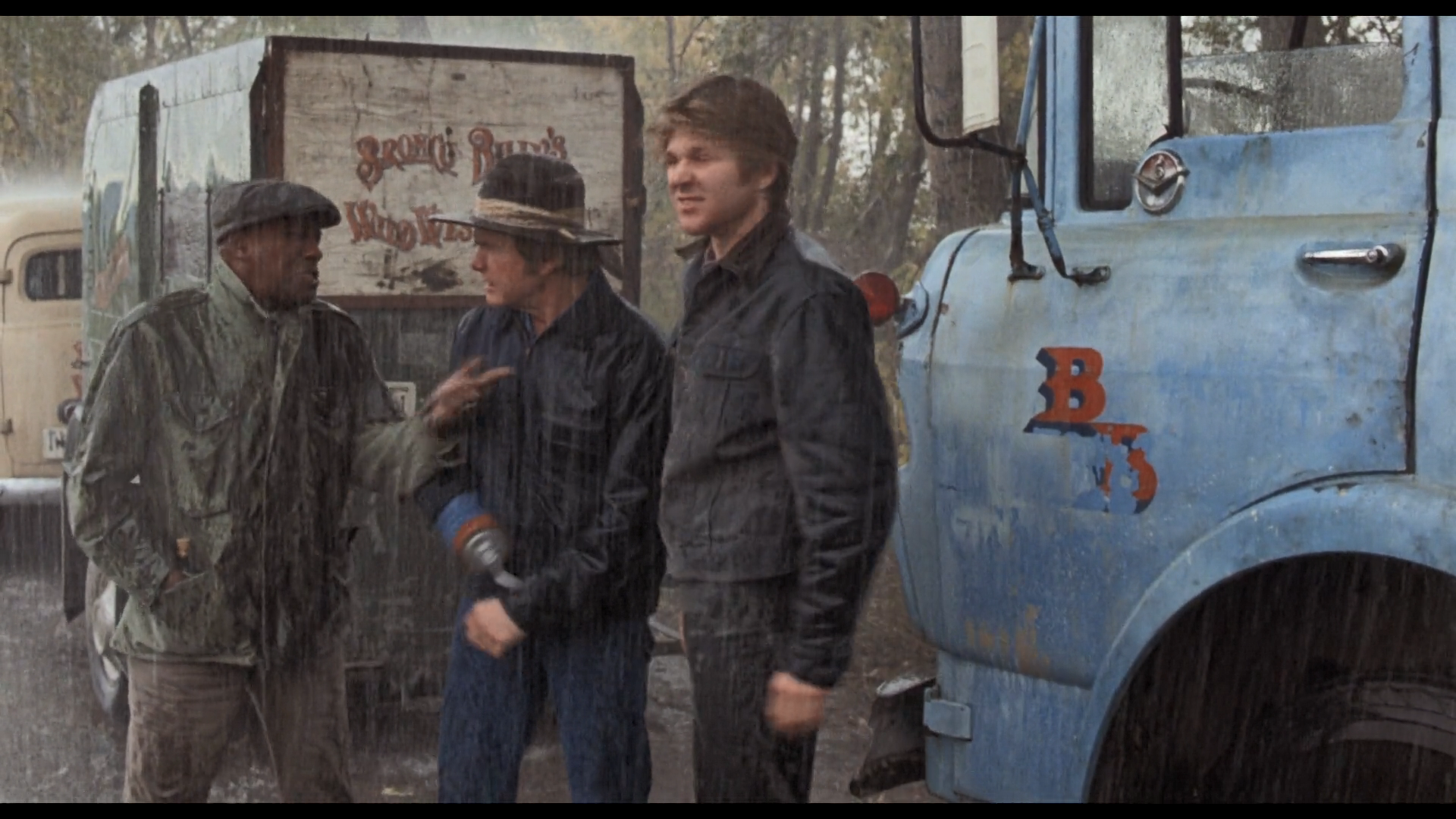
Bronco Billy" is one of the many films that exemplify Clint Eastwood's talent as both an actor and a director. Known for his distinct style and ability to craft compelling stories, Eastwood has established himself as a legendary figure in Hollywood. His directorial career spans over four decades and includes critically acclaimed films like "Unforgiven," "Million Dollar Baby," and "Mystic River." Eastwood's films often explore complex moral dilemmas and showcase his command over various genres, earning him numerous accolades and a lasting legacy in the world of cinema.
"Bronco Billy" holds a special place in Clint Eastwood's directorial legacy. Its release date, budget, and box office performance, although not groundbreaking, were overshadowed by its critical acclaim and lasting impact on audiences. The film's endearing characters, heartfelt storytelling, and the captivating relationship between Eastwood and Locke make it a cherished gem within Eastwood's filmography. As an exploration of identity, redemption, and the pursuit of dreams, "Bronco Billy" continues to resonate with viewers, serving as a testament to Clint Eastwood's ability to craft engaging narratives that stand the test of time.
Here at The Rewind Zone, we thoroughly enjoyed the lighter side to Eastwoods collection - no awards to be won here but that for heart. A solid 71/100 from us!
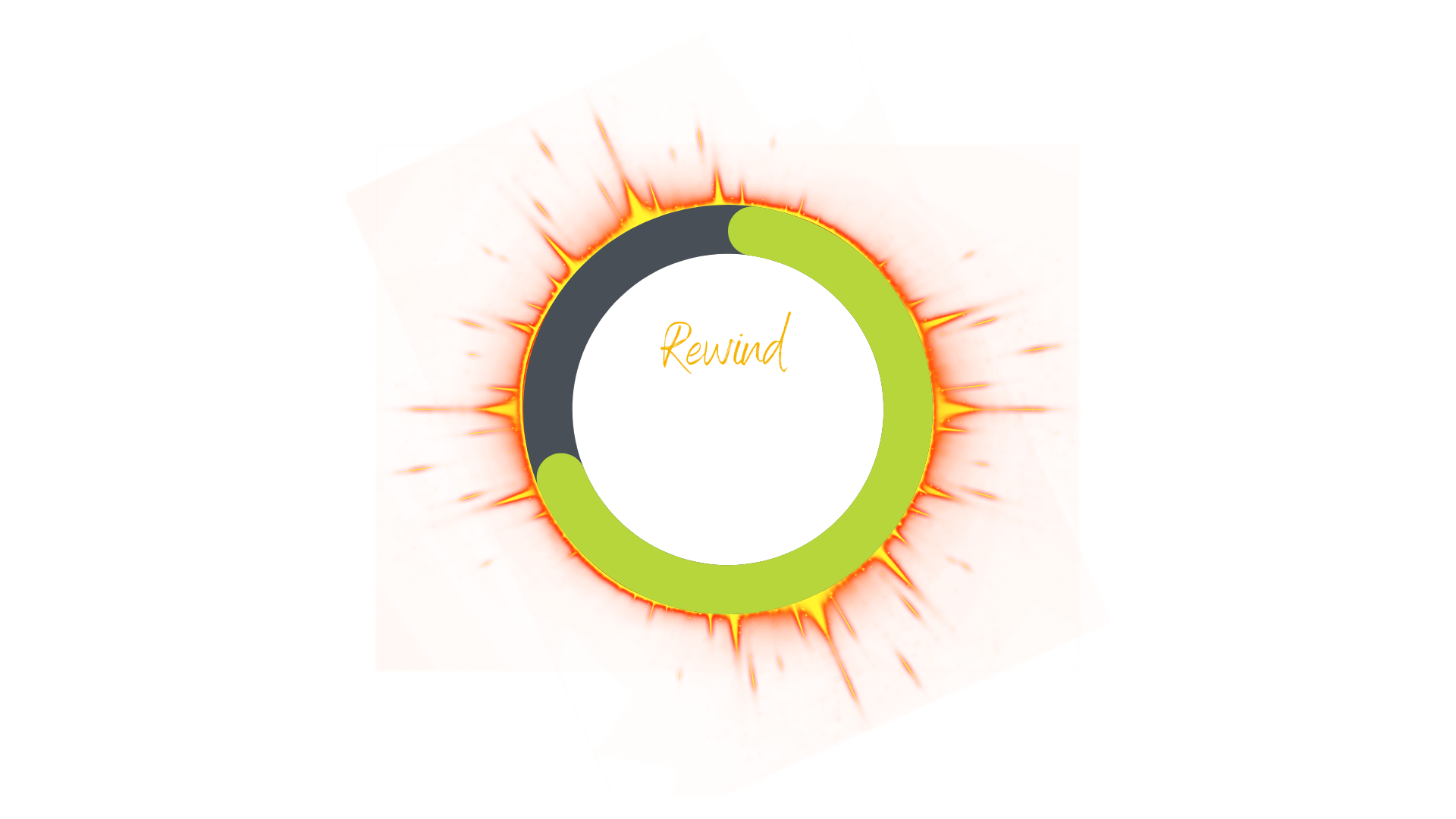

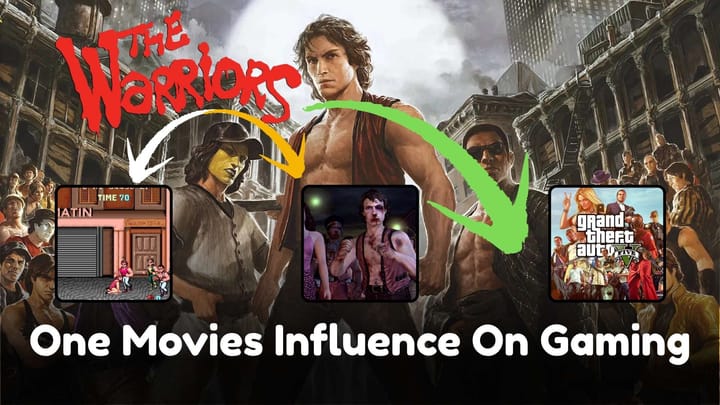
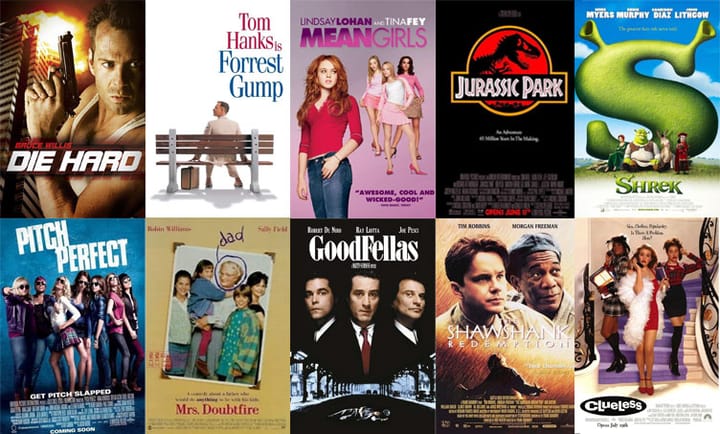

Comments ()